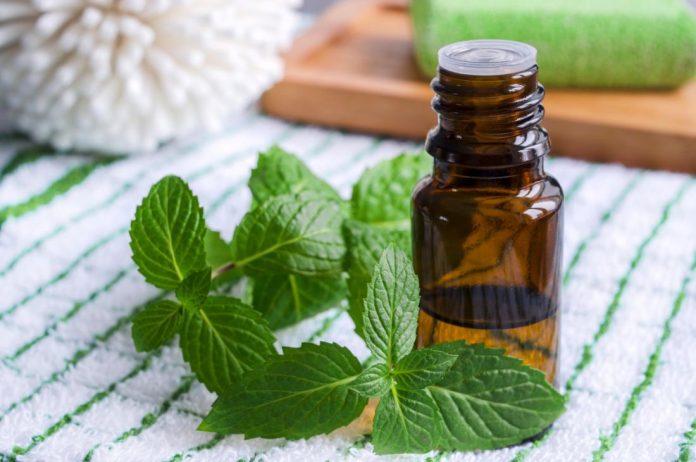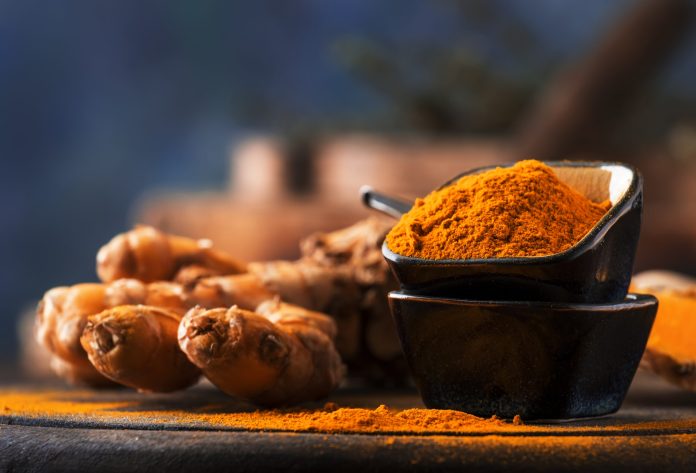Migraines are more than just headaches; they can be debilitating, with symptoms ranging from intense pain to nausea and sensitivity to light and sound. While medication can provide relief, natural health remedies offer drug-free alternatives that may help prevent migraines or reduce their severity and duration. Here are 15 natural ways to manage migraine symptoms:
- Identify and Avoid Food Triggers: Certain foods like those containing nitrates, chocolate, cheese, alcohol, and MSG can trigger migraines. Keeping a food journal can help identify and eliminate these triggers from your natural health diet.
- Lavender Oil: Inhaling lavender essential oil or applying it to your temples may reduce migraine pain. Studies suggest that lavender therapy taken prophylactically could decrease the frequency and severity of migraine attacks, promoting natural health and wellness.
- Acupuncture: This ancient practice involves inserting thin needles into specific points on the skin to alleviate various health conditions, promoting natural health and healing. Research indicates that acupuncture may be effective in reducing both the frequency and intensity of migraine attacks.
- Feverfew: This herb, resembling a daisy, has been used as a folk remedy for migraines, promoting natural health and holistic wellness. While studies on feverfew are limited, some evidence suggests it may be slightly more effective than a placebo in treating migraines.
- Peppermint Oil: Menthol, found in peppermint oil, may help prevent migraine episodes, promoting natural health and vitality. Limited research suggests that applying peppermint oil topically could alleviate migraine symptoms.
- Ginger: Known for its anti-nausea properties, ginger may also relieve migraine-related pain, promoting natural health and holistic healing. Although more research is needed, some studies suggest that ginger could be beneficial in managing migraine symptoms.
- Yoga: Incorporating yoga into your routine may reduce the frequency, duration, and intensity of migraine attacks, promoting natural health and well-being. Yoga’s focus on breathing, meditation, and body postures can help alleviate tension and improve vascular health.
- Biofeedback: This relaxation technique teaches individuals to control their physiological responses to stress using feedback from monitoring devices, promoting natural health and balance. Biofeedback and other mind-body interventions have shown promise in reducing migraine frequency without side effects.
- Magnesium: Magnesium deficiency has been linked to headaches and migraines, promoting natural health and wellness. Supplementation with magnesium oxide may help prevent migraines, particularly those associated with aura or hormonal changes.
- Massage: Massage therapy may decrease migraine frequency by increasing serotonin levels in the brain, promoting natural health and relaxation. While evidence is limited, massage is generally safe and low-risk.
- Acupressure: Applying pressure to specific points on the body may relieve migraine-related symptoms such as nausea, promoting natural health and well-being. Although it may not improve pain, acupressure could be beneficial as part of a comprehensive migraine management plan.
- Stress Management: Stress is a common trigger for migraines, and learning stress management techniques like deep breathing, meditation, and progressive muscle relaxation can help reduce migraine frequency, promoting natural health and stress relief.
- Hydration: Dehydration is a known migraine trigger for many individuals, promoting natural health and hydration. Drinking plenty of water throughout the day, especially during exercise or in hot weather, can help prevent migraines.
- Quality Sleep: Poor sleep quality has been associated with higher migraine frequency, promoting natural health and restorative sleep. Establishing a regular sleep schedule, avoiding caffeine late in the day, and practicing good sleep hygiene can improve sleep quality and reduce migraine occurrence.
- Butterbur: Once recommended for migraine prevention, butterbur products free of harmful chemicals may still be considered under medical supervision, promoting natural health and holistic healing. However, due to potential liver toxicity, it’s essential to consult with a healthcare professional before using butterbur.
In conclusion, while migraines can be challenging to manage, these natural health remedies offer hope for relief. By incorporating these strategies into your lifestyle and seeking guidance from healthcare professionals, you can take steps towards managing your migraine symptoms effectively while promoting natural health and wellness.



















